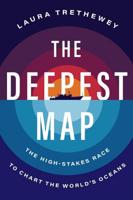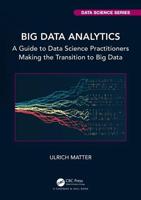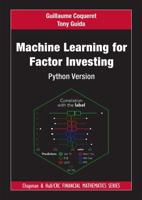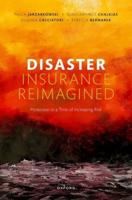Publisher's Synopsis
We live, unfortunately, in turbulent and difficult times plagued by various political, economic, and social problems, as well as by natural disasters worldwide. Systems become more and more complicated, and this concerns all levels, exemplified first by global political alliances, groups of countries, regions, etc., and secondly, by multinational (global) corporations and companies of all sizes. These same concerns affect all social groups. This all makes decision processes very complicated. In virtually all decision processes in these complicated systems, there are various actors (decision makers) who represent individual subjects (persons, countries, companies, etc.) and their respective interest groups. To reach a meaningful (good) decision, opinions of all such actors must be taken into account or a given decision may be rejected and not implemented. Ideally, a decision would be made after a consensus between the parties involved had been attained. So, consensus is a very desirable situation. In most real-world cases there is considerable uncertainty concerning all aspects of the decision making process. Moreover, opinions, goals, constraints, etc. are usually imprecisely known. This makes the decision making process difficult as one cannot employ conventional "hard" tools.










